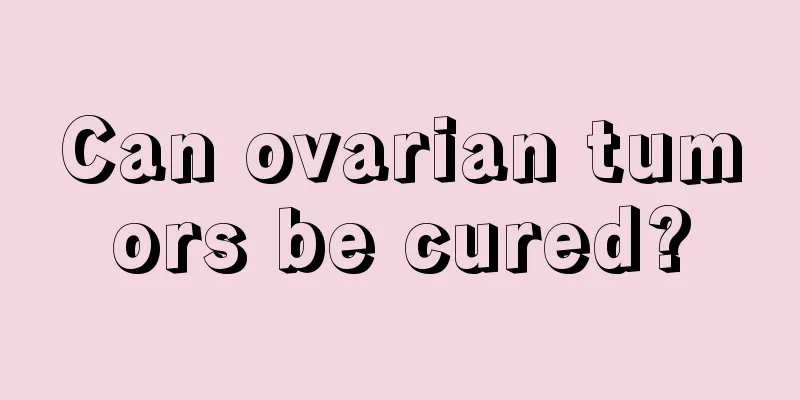What are the contraindications for gastric stump cancer surgery

|
Gastric remnant cancer can occur in the remnant stomach after subtotal gastrectomy or in the entire stomach after simple gastrointestinal anastomosis, simple perforation repair or vagus nerve section. It is generally believed to be limited to gastric cancer that occurs after surgery for non-cancerous gastric lesions. If the surgery is performed due to malignant lesions, it should refer to gastric cancer that occurs more than 20 years after the surgery. The most common site of gastric remnant cancer is the anastomosis, but it can also diffusely occur in the entire gastric remnant. The dietary taboos for gastric remnant cancer surgery are as follows. ① Chew slowly: Food in the mouth stimulates the secretion of saliva (which contains enzymes that are beneficial to the digestion of sugars). Chewing carefully can make food particles smaller, and the saliva and food are fully mixed, replacing part of the stomach function. Slow swallowing means swallowing slowly and taking a long time between swallowing to prevent dumping syndrome such as panic and dizziness after swallowing a large amount of food quickly. ② Eat small meals frequently: The capacity of the residual stomach or the connected intestinal segment after surgery cannot be compared with that before, and the body needs a long time to adapt to this change. Clinical experience shows that it takes at least 8-10 months to return to a normal diet of three meals a day. Start eating 5-8 times a day. Each time is 50-100 grams. According to the patient's tolerance (no abdominal distension and discomfort means good tolerance), gradually increase the amount of intake and reduce the number of meals. Due to individual differences, the adaptation process is different. ③Diversified diet: The variety of food can be selected according to the patient's dietary preferences and habits, but attention should be paid to eating as much nutritious, easy-to-digest high-protein, high-vitamin food as possible. For example, fish, eggs, fresh vegetables, fruits (preferably juiced and drunk), etc. Pay attention to iron supplementation, because after gastrectomy, the effect of gastric acid on iron is lost (turning trivalent iron into divalent iron), causing absorption disorders. You can take some iron supplements orally under the guidance of a doctor, use an iron pot in daily life, and eat more iron-rich foods, such as animal liver, spinach, bean products, etc. Drinking some yogurt is also beneficial. ④ Take some medicines after meals as prescribed by your doctor, such as digestive medicine, vitamin B12, folic acid, etc., which will help digestion and absorption and prevent anemia. |
<<: Health care guidance for gastric cancer patients
>>: What should you pay attention to in your diet for gastric cancer
Recommend
What are synbiotics probiotics?
Probiotics can help children with low immunity to...
What is the disease of insomnia, dizziness and palpitations
It is very common for people to develop diseases ...
How to treat the symptoms of hormone face
In life, many women use skin care products, but t...
Why do I feel dizzy when I wake up from sleep? It turns out it is related to these factors
Feeling dizzy after waking up from sleep is a ver...
What harm does boric acid do to the human body
Boric acid is often used as a topical medication....
What are the common symptoms of lung cancer? Common symptoms of early and late stage lung cancer
What are the common symptoms of lung cancer? Bloo...
Will nasopharyngeal cancer cause soreness and numbness in hands and feet?
Will nasopharyngeal cancer cause soreness and num...
Snoring laser treatment is like this
As we all know, snoring is very harmful to human ...
What to do if your face is burned by a cigarette butt
Many people will get ashes everywhere when they s...
What is the reason for sweating so much
The reasons for sweating are quite complicated. B...
What are the benefits of eating garlic every day
Many people think that garlic, like other spices,...
How should I relax my facial muscles?
After a whole day of hard work, your face will in...
What are the signs of childbirth in the late pregnancy?
In the late stages of pregnancy, pregnant women w...
Can mulberries be used to make wine? The effect is so great
Speaking of mulberries, I believe everyone knows ...
Gas water heater failure and repair methods
If you want to know what gas water heater failure...









